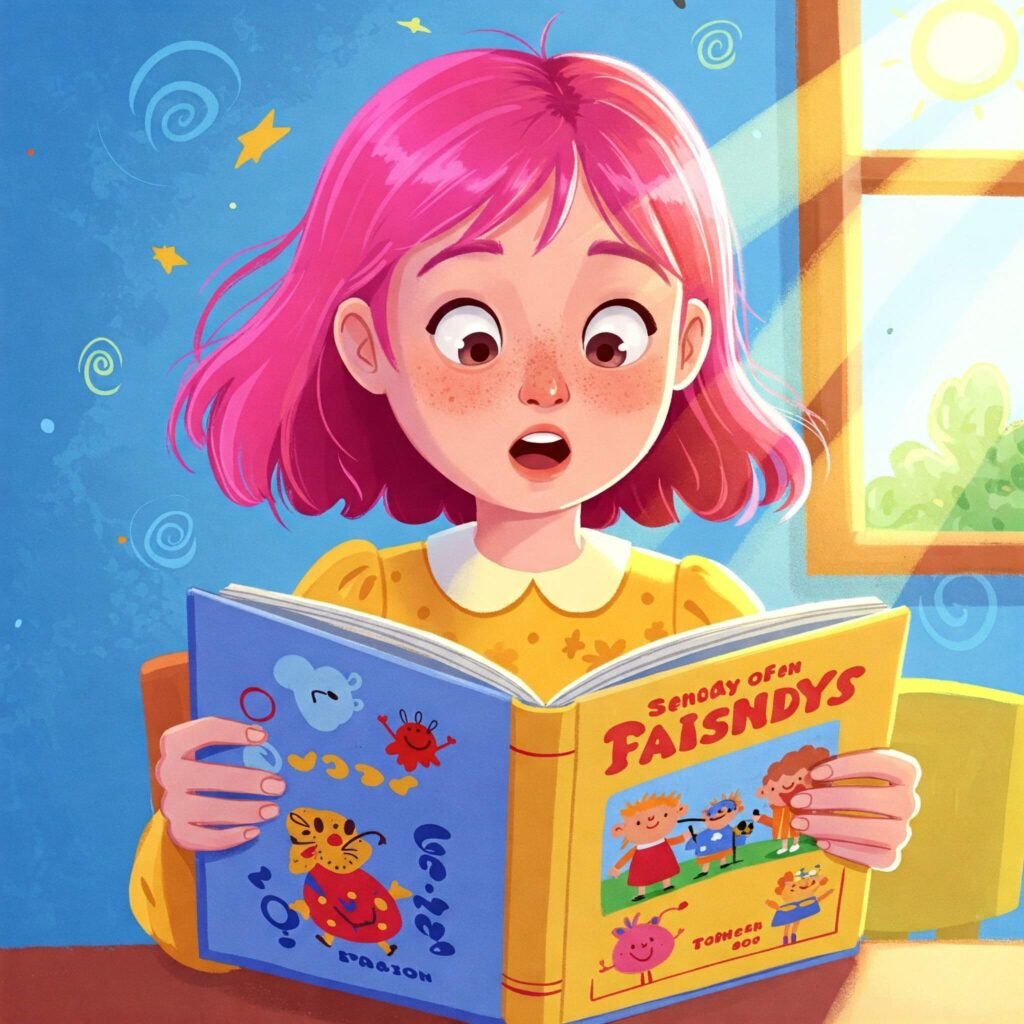As a parent, there’s nothing quite as thrilling as hearing your toddler utter their first word. It’s a monumental milestone, a tiny peek into the fascinating world of language acquisition. But the journey of toddler speech development extends far beyond that initial “mama” or “dada.” Understanding the typical stages and knowing how to support your child’s communication skills is crucial. Let’s dive into the exciting world of toddler speech development and explore what you can expect as your little one’s vocabulary blossoms.
Understanding the Milestones of Toddler Speech Development
Every child develops at their own pace, but there are general milestones you can look out for in toddler speech development. Keeping these in mind can help you track your child’s progress and identify any potential delays.
- Around 12-18 Months: This is often when those precious first words emerge. Your toddler might start using single words to name familiar objects or people. They’ll also likely understand simple instructions and respond to their name.
- Example: Pointing to a “ball” when you ask, “Where’s the ball?”
- 18-24 Months: Vocabulary often explodes during this period! Toddlers start putting two words together to form simple phrases. They can follow more complex directions and may be able to identify body parts.
- Example: Saying “More juice” or “Doggy gone.”
- 2-3 Years: Sentences become longer and more complex. Your child will likely use pronouns (“me,” “you”), ask simple questions (“What’s that?”), and have a vocabulary of hundreds of words.
- Example: “I want to play with the big truck.”
- 3-4 Years: Conversation becomes more interactive. Toddlers can tell short stories, understand prepositions (“in,” “on,” “under”), and their speech becomes clearer, although some sounds might still be tricky.
- Example: “The cat is sleeping under the table.”

Key Factors Influencing Toddler Speech Development
Several factors play a role in how a child’s speech develops. Understanding these can help you create a supportive environment.
- Exposure to Language: The more your child hears and interacts with language, the faster their toddler speech development is likely to progress. Talking, reading, and singing to your child are all crucial.
- Interaction and Engagement: Engaging in conversations, even if it’s just narrating your day, encourages your toddler to communicate. Respond to their attempts to speak, even if their words aren’t clear.
- Hearing: Proper hearing is essential for language acquisition. Regular hearing checks are important to rule out any underlying issues that could affect toddler speech development.
- Cognitive Development: As your child’s understanding of the world grows, so does their need and ability to communicate about it.
Tips to Encourage Healthy Toddler Speech Development
You can actively support your child’s toddler speech development through everyday activities:
- Talk, Talk, Talk: Narrate what you’re doing, name objects, and describe your surroundings.
- Read Together: Choose age-appropriate books with colorful pictures and point to the objects as you name them.
- Sing Songs and Rhymes: Music is a fantastic way to introduce new words and rhythms.
- Play Language Games: Simple games like “I Spy” or naming objects can be fun and educational.
- Respond and Encourage: When your toddler tries to communicate, respond enthusiastically, even if their pronunciation isn’t perfect.
- Expand on Their Utterances: If your child says “Ball,” you can say, “Yes, that’s a big red ball!”
- Limit Screen Time: Excessive screen time can sometimes hinder interaction and language development. [Outbound Reference Link to a reputable source on the impact of screen time on language development, e.g., American Academy of Pediatrics]
- Create Opportunities for Communication: Ask open-ended questions that encourage more than a “yes” or “no” answer.

When to Seek Support for Toddler Speech Development
While every child develops differently, there are certain signs that might indicate a need for professional support regarding toddler speech development. Consult your pediatrician if you notice any of the following:
- No words by 18 months.
- Limited vocabulary (fewer than 50 words) by age 2.
- Not putting two words together by age 2.
- Speech that is very difficult for you or others to understand by age 3.
- Regression in speech or language skills.
- Concerns about hearing.
Early intervention is key, and speech-language pathologists can provide valuable assessments and support to help your child reach their full communication potential. [Outbound Reference Link to the American Speech-Language-Hearing Association (ASHA) website.]
The Exciting Journey of Toddler Speech Development
Witnessing your child’s toddler speech development is an incredible experience. By understanding the typical milestones, creating a supportive environment, and knowing when to seek help, you can play a vital role in nurturing their communication skills. Embrace the babbles, celebrate the first words, and enjoy the journey as your little one finds their voice!






































